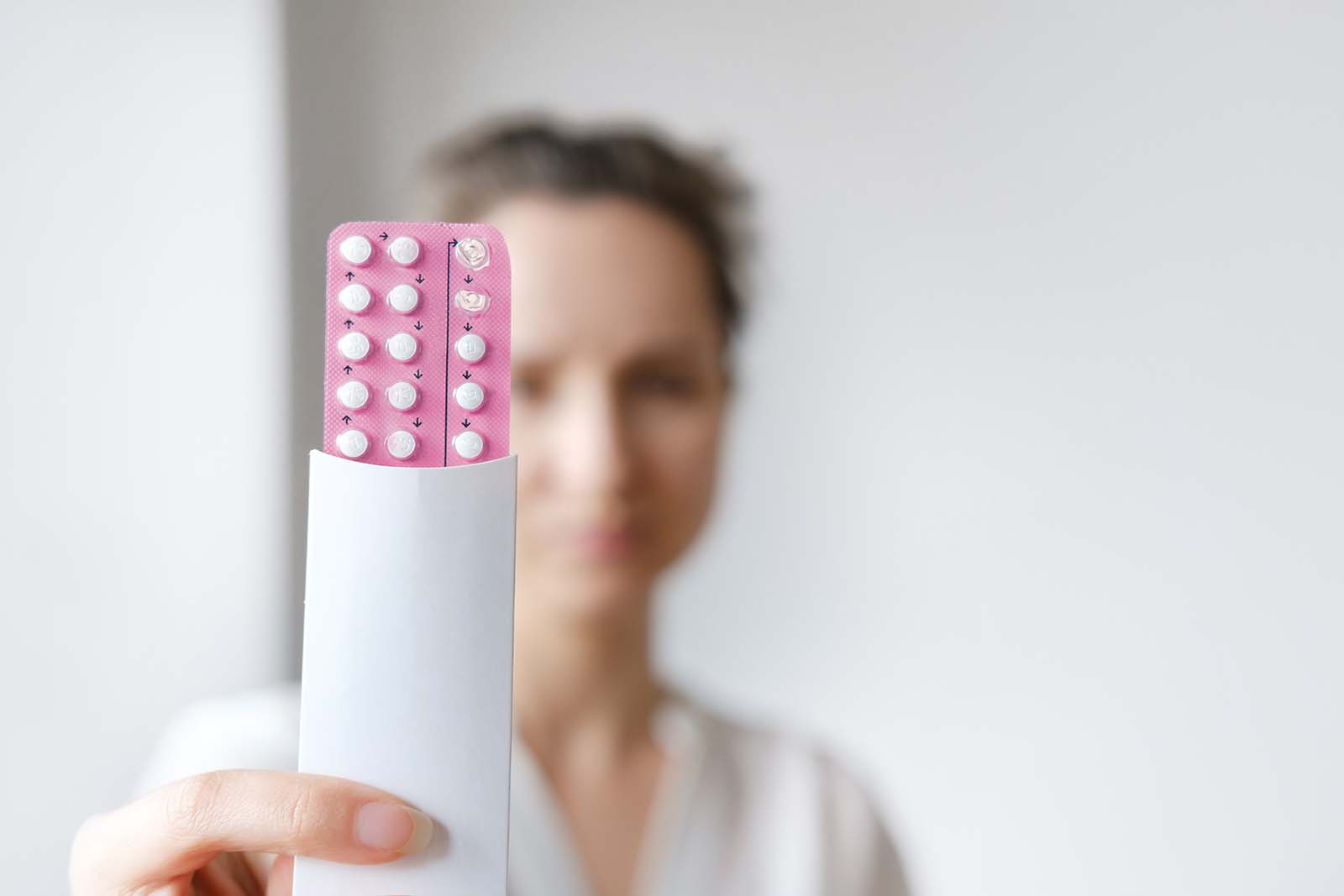NOTE: This article features some sensitive topics that may not be suitable for younger readers. Please use discretion.
Following the overturning of Roe v. Wade and the end of federal protection of abortion, the greater push for birth control has been on the rise. And just recently the FDA received its first application to start selling over-the-counter birth control. While birth control is more accessible than ever, making this almost redundant, it would still make it even easier to receive or distribute drugs that are harmful to its users and, in the case of abortifacients, the babies that are being killed with them.
Recently on Trending with Timmerie, Timmerie went over nine ways that birth control is harming women, their bodies, and their minds.
1. Contraceptives can function as abortifacients as well as birth control. The list of birth control options that double as abortifacients includes but is not limited to The Pill, Ella, Norplant, Depo-Provera, Plan B/Morning After Pill, Preven, The Patch, Ortho Evra, IUDs, Nuvaring, Lunelle, RU-486 (mifepristone), and methotrexate & misoprostol. In other words, these and other drugs do not always function as preventative measures. Sometimes, conception takes place, and these “medications” will terminate the pregnancy through chemical abortions.
2. Birth control leads to cancer. According to the IARC, estrogen-progestogen oral contraceptives are ranked as a Group 1 carcinogen right alongside radium, sun radiation, and tobacco smoking. Contraceptives have chemicals in them intended to kill or stunt life, counteracting our body’s capabilities to reproduce. It’s unnatural and the consumption of contraceptives leads to chemical-filled waste that makes its way into our water. The University of Colorado Boulder did a study that found that breast and prostate cancer was on the rise, and it was linked to birth control.
3. Birth control increases blood clots which can lead to strokes and heart attacks. We recently got a front-row seat to just such a case when Hailey Bieber had a stroke a few months ago and her physician linked it to her use of birth control. Further, her physician said that she should never have been prescribed birth control in the first place because of her family’s history of health issues. But her prescribing doctor, like many others, didn’t care about the side effects or consequences.
4. Women on the pill are twice as likely to contract HPV. HPV is one of the most common STDs and it permeates a population through sexual activity and contact. When women are led to believe that birth control will protect them from the consequences of sleeping around, they think a lot less about the potential of catching a disease. Instead of relying on self-control to prevent pregnancy, women are turning to birth control so that they can engage in sexual activity. Thus, HPV is spread.
5. Birth control decreases libido. For the first time in human history, we are consistently and regularly providing it with a reason to stop producing a drive to have sex. Our instinctual human desire for sex is based upon our capability to procreate and potentially have offspring. It’s coded into our DNA as a species. After about 75 years and a handful of generations of force-feeding harmful contraceptives to our bodies, these health complications are beginning to add up.
6. Birth control increases the risk of ectopic (or tubal) pregnancies. Hormonal contraceptives are so effective that when their user decides that they actually do want to have a child or when a surprise pregnancy does occur, there’s an increased chance that the baby will get stuck in the fallopian tube before making it to the womb. These types of pregnancies are notoriously fatal, both for the mother and the child. Sometimes, the only way to ensure survival is to extract the fallopian tube with the baby inside or to make an incision and remove the baby from the tube. Very often, the baby does not survive this process.
7. Birth control increases the risk of infertility. So many parties will try to pawn this idea off as a myth, but the correlation is plain as day. While contraceptives themselves do not directly cause infertility, they distort the hormone balance of women to such a degree that the body no longer feels the need to produce eggs. The infertility can be short-term, long-term, or permanent. Different bodies recover from the lack of a regular menstrual cycle, conception, or pregnancy in different ways.
8. Depression is a leading side effect of birth control. A few years ago, a handful of studies came out linking contraception to depression, including a study from JAMA Psychiatry. Their study showed in detail how women who began taking regular contraception in their teens permanently damaged their brains and their ability to reason and deal with anxiety, stress, and depression.
9. Hormonal birth control increases anxiety and nervousness. In that same vein, contraception has a wide-ranging array of effects on women’s hormones which can affect their stress, anxiety, and nerves. A person’s dopamine, serotonin, oxytocin, cortisol, and norepinephrine levels can fluctuate heavily while on birth control, causing mood swings and constant mental imbalance.
Tune in to Trending with Timmerie weekdays at 6pm CT


